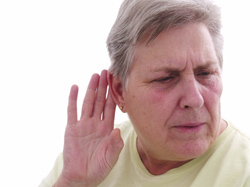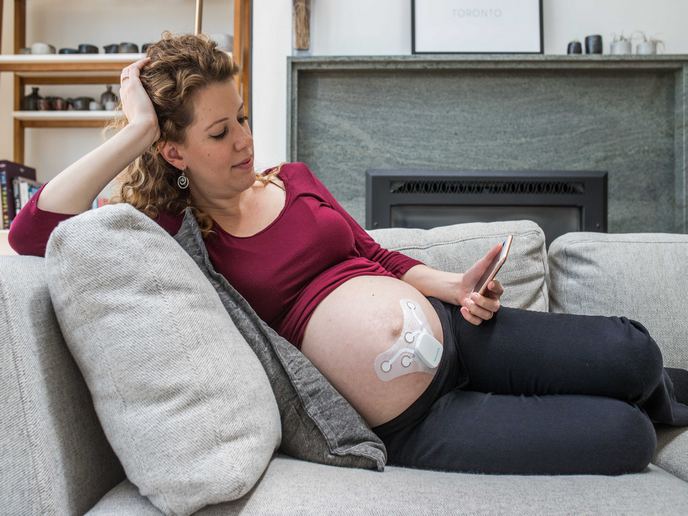Optimising cochlear implant functionality
A CI has an external speech processor to convert sound to an electronic signal that is sent to an array of electrodes implanted inside the cochlea. These electrodes stimulate multiple sites in the cochlea with high- and low-frequency signals of varying amplitude. The brain detects and interprets these signals in terms of pitch and loudness. CI speech processors are currently adjusted by a tedious, technically challenging and time-consuming process called manual fitting. An expert audiologist or engineer is needed for these adjustments, requiring over 30 man hours per patient in the first year alone. The audiological tests are currently conducted in sound-treated rooms with routine loudspeakers. Settings selected depend on patient perception and audiologist expertise, resulting in inconsistent and often sub-optimal outcomes. There is an urgent need for an efficient and accurate fitting process that adjusts several electrical parameters in the speech processors based on psycho-acoustic feedback. The EU-funded OPTIFOX project developed three products — OTOspeech, FOX and OtoCube — to optimise technical fitting using an individualised programme ('map') to meet patient hearing needs. OTOspeech is a generic, automated psycho-acoustical software application for speech scoring of CI users that is unaffected by patient dialect or language variation. Tests can be carried out in all 22 European languages for accurate and optimal results, with test-word lists representing the patient's lexicon. Results are tester-independent and tests can be carried out for quiet as well as noisy speech conditions. FOX is an artificial intelligence (AI) tool for semi-automated scoring of patient verbal response using dynamic time warping (DTW) technology and OpenMarkov software. It combines psycho-acoustical test results with patients' maps (electrical parameters) to tune the CI and improve hearing. Work is ongoing to develop a self-learning mechanism for corrective action by continuously analysing the growing dataset from the patient. OtoCube is a commercial portable desktop module for carrying out standardised and calibrated psycho-acoustic testing and fitting of CI patients. Developed after testing three prototypes, it has an acoustically insulated box that contains the CI speech processor to produce exact acoustic replicates of the electric input signal. This obviates the need for specialised equipment and sound-treated rooms, and considerably reduces fitting time as well as expenses. OPTI-FOX members successfully produced three products for commercial clinical application to optimise hearing in CI users and improve their quality of life while reducing associated health care expenses.







